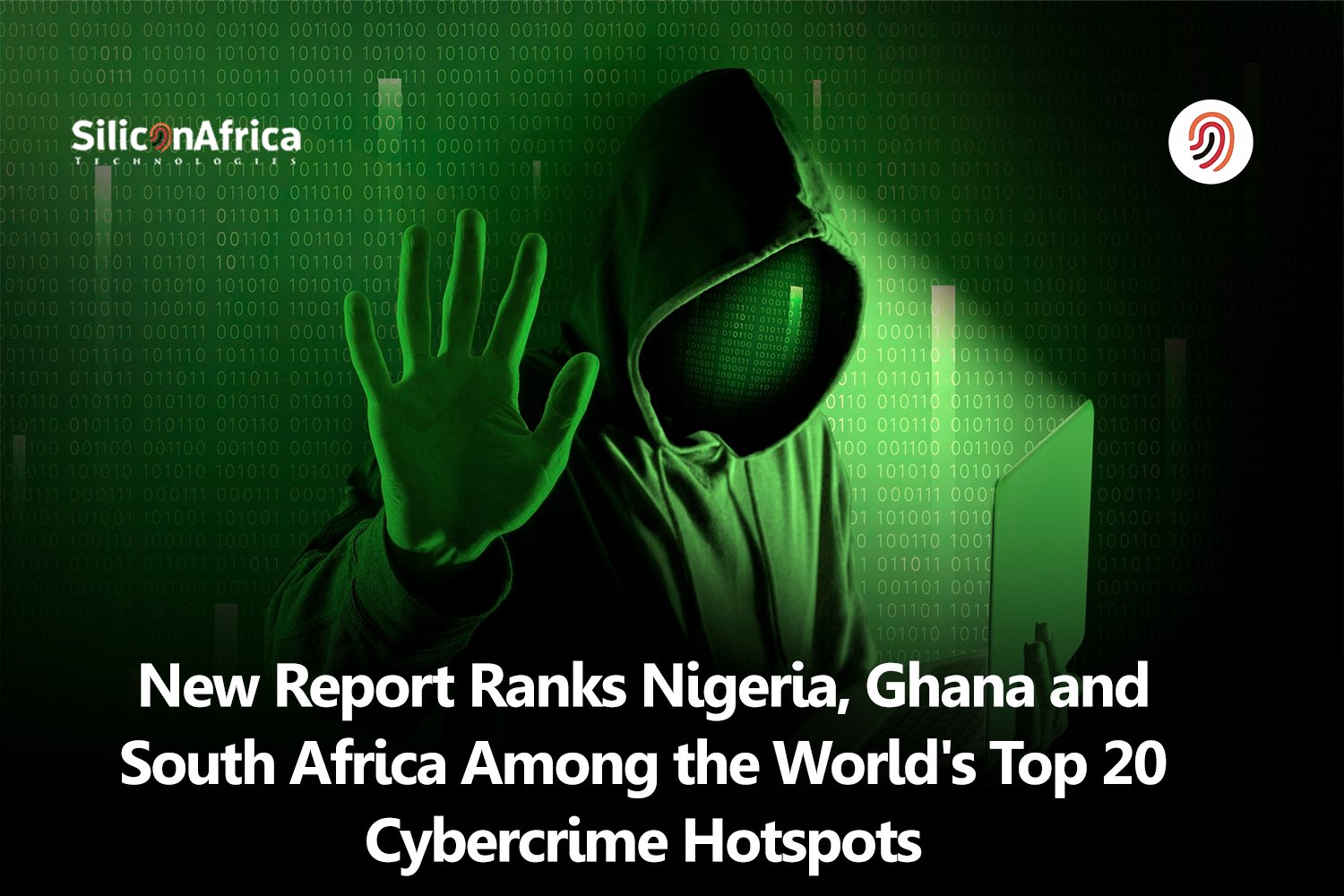Physical Address
60 Ekwema Cres, Layout 460281, Imo
Physical Address
60 Ekwema Cres, Layout 460281, Imo

A recent report that was published has brought to the light the global scene of cybercrime, which pointed out an alarming trend- three African nations are among the top 20 cybercrime hotspots in the world.
Nigeria, Ghana, and South Africa are named as cradles of cybercriminals causing serious concerns for individuals, businesses and governments across the continent.

The report, compiled by a reputable cybersecurity firm, analyzes global cybercrime activity based on different parameters like number of cyber attacks detected, origin of malicious traffic and types of cybercrime prevalent in different regions.
The fact that Nigeria, Ghana and South Africa were included in the list of top 20 cybercrime hotspots indicates a rapid growth in complexity and extent of these threats in Africa.
Nigeria, Africa’s most populous country has been the foremost victim of cybercriminals.
The report lists several factors that account for this including a large and increasingly internet-savvy population, the lack of robust cybersecurity infrastructure in many sectors, and a digital economy that is growing, offering attackers plenty of chances to make money.
Phishing scams, email fraud and ransomware attacks are some of the most prevalent cybercrimes among Nigerian citizens and businesses.
These weaknesses in online security practices and lack of awareness among internet users are often exploited by cybercriminals to launch such attacks.
Moreover, Nigeria has been unable to effectively implement and enforce cybersecurity laws which creates a suitable environment for cybercrime to thrive.
Ghana, a country with a fast growing economy and cutting-edge technology, has been surprisingly listed among the leading cybercrime countries.
The report indicates that the rapid growth of Ghana’s internet penetration and increase in online financial services adoption are making it a preferred destination for cybercriminals.
The report is also noting a rise in mobile money fraud and business email compromise (BEC) attacks in Ghana.
Mobile money customers are the primary targets of cybercriminals who impersonate real businesses and use it to get access to sensitive financial information.
Read More: CIPC Hackers Demand $100k Reward
In its capacity as the continent’s economic superpower, South Africa boasts of a multi-faceted cybercrime landscape.
The report recognizes that South Africa has an above-average cybersecurity infrastructure when compared to other African countries.
However, the country continues to struggle with significant problems in addressing cybercrime.
South Africa is a leading malware production and distribution hub, which entails cyber criminals developing and vending malicious software used in worldwide cyberattacks.
Moreover, South Africa has a lot of cyberattacks which are targeting critical infrastructure that includes the financial institutions and government agencies.
The inclusion of Nigeria, Ghana, and South Africa on this list is a poignant reminder of the urgent need for a multi-faceted approach to address cybercrime in Africa.
Governments should invest in capacity building on cybersecurity, adopt and enforce stringent cybersecurity laws, and promote digital literacy among citizens.
Collaboration among governments, cybersecurity firms, and civil society organizations will pave the way for a holistic strategy to tackle cyber threats.
People and businesses should always be on the alert, practicing good online habits as well as using strong security measures to protect themselves from cyberattacks.
The battle against cybercrime in Africa calls for joint forces. Working in harmony, African countries can reduce the threats posed by cybercrime and have a safer digital environment for all.
Was this information useful? Drop a nice comment below. You can also check out other useful contents by following us on X/Twitter @siliconafritech, Instagram @ Siliconafricatech, or Facebook @ Silicon Africa.